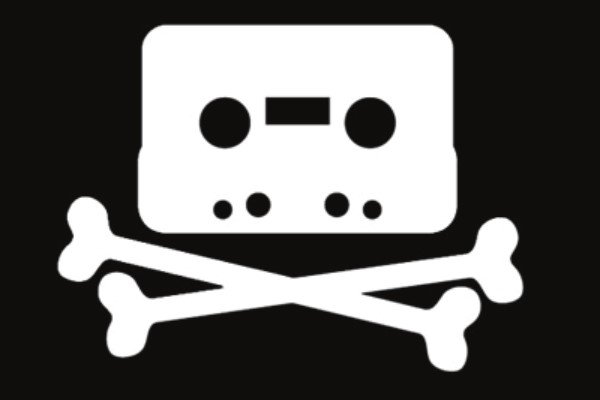 Two years ago Internet provider Cox Communications lost its legal battle against a group of major record labels.
Two years ago Internet provider Cox Communications lost its legal battle against a group of major record labels.
A Virginia jury held Cox liable for pirating subscribers because it failed to terminate accounts after repeated accusations, ordering the company to pay $1 billion in damages.
The ISP disagreed with the verdict and filed an appeal. In its opening brief, filed at the Court of Appeals for the Fourth Circuit last May, Cox argued that it’s incorrectly being held liable for pirating subscribers. Not only that, but the company also warned against the harm that a loss of Internet access could cause to businesses and individuals.
Waging War on The Internet?
Cox’s lawyers said that the music industry is waging war on the internet. After targeting individual file-sharers and applications such as Napster, the music companies were now coming after the internet itself by suing the Internet providers.
The ISP contested that it willingly closed its eyes to piracy. The company was actually one of the first US ISPs to implement its own ‘graduated response’ system to address copyright infringers.
A few days ago the music companies, including Warner Bros and Sony Music, responded to Cox’s opening brief at the . Court of Appeals for the 4th Circuit. The plaintiffs paint a different picture and stress that the ISP is far from innocent.
“The story Cox tells in its brief — a beleaguered internet service provider, doing its best to police infringement on its system, targeted by copyright holders ‘waging war on the internet,’ — is divorced from both the record and reality.”
‘Not Innocent’
The music companies point out that the district court knew that specific subscribers were persistent copyright infringers. Nonetheless, the ISP failed to take appropriate measures in response.
During the time period covered by the lawsuit, Cox had terminated 600,000 subscribers for not paying their bills. At the same time, only 32 repeat copyright infringers lost their Internet access, which is a fraction of the total.
In its appeal brief, Cox argued that it’s dangerous to disconnect entire households based on potentially inaccurate piracy allegations from copyright holders. However, the music companies point out another motive.
‘Prioritizing Profits’
According to the music companies, Cox created a safe haven for repeat infringers by turning a blind eye to them, some of whom paid hundreds of dollars in subscription fees per month.
“Cox prioritized profits over limiting infringement. Time and again, Cox prioritized collecting subscription fees from infringers over addressing its pervasive infringement problem.”
Cox’s abuse team demonstrated this in email after email: “This customer will likely fail again, but let’s give him one more change [sic]. he pays 317.63 a month’,” the music companies write.
In addition to ‘forgiving’ infringements, Cox also blocked copyright infringement notices from being processed at all. According to the music companies, the ISP rejected millions of notices that contained settlement demands.
‘CAP THESE SUCKERS!’
At the same time, Cox allegedly ignored all first warnings while putting a cap on the rest of the warnings that came in.
“But it couldn’t ignore them all. Instead Cox imposed a daily cap on the number of notices it would accept from any one copyright holder and ignored all notices over the cap. As one Cox employee put it, Cox’s approach was ‘TO CAP THESE SUCKERS!’,” the labels add.
All in all, the music companies believe that the district court correctly held that Cox is liable for both contributory and vicarious copyright infringement. On top of that, they see no grounds to lower the $1 billion damages award.
The plaintiff’s case is supported by two separate amicus curiae briefs from the Copyright Alliance (pdf) and the National Music Publishers’ Association (pdf), which were submitted last week.
—
A copy of the music companies’ response, submitted at the U.S. Court of Appeals for the 4th Circuit, is available here (pdf)
From: TF, for the latest news on copyright battles, piracy and more.
Powered by WPeMatico
